Why Is Your Pregnant Cat Purring So Much? (When to Worry)
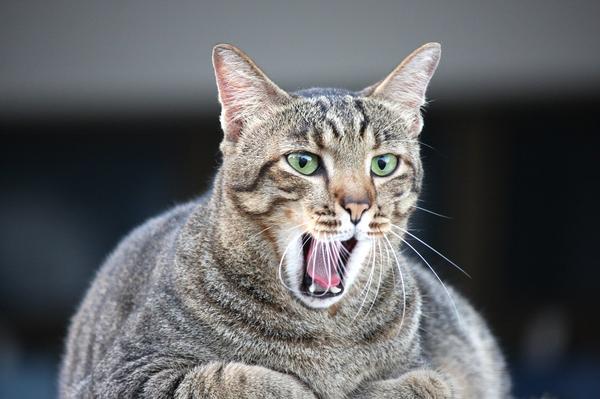
Just imagine:
Your pregnant cat, with her bulging belly and those soulful eyes, is purring non-stop. 😺
Your heart races with concern.
Could this be a sign of trouble?
Is something wrong with your fur baby?
Let's dive into this mystery together.
Why Does My Pregnant Cat Keep Purring?
Purring in pregnant cats is a normal and comforting behavior.
But why do they keep purring?
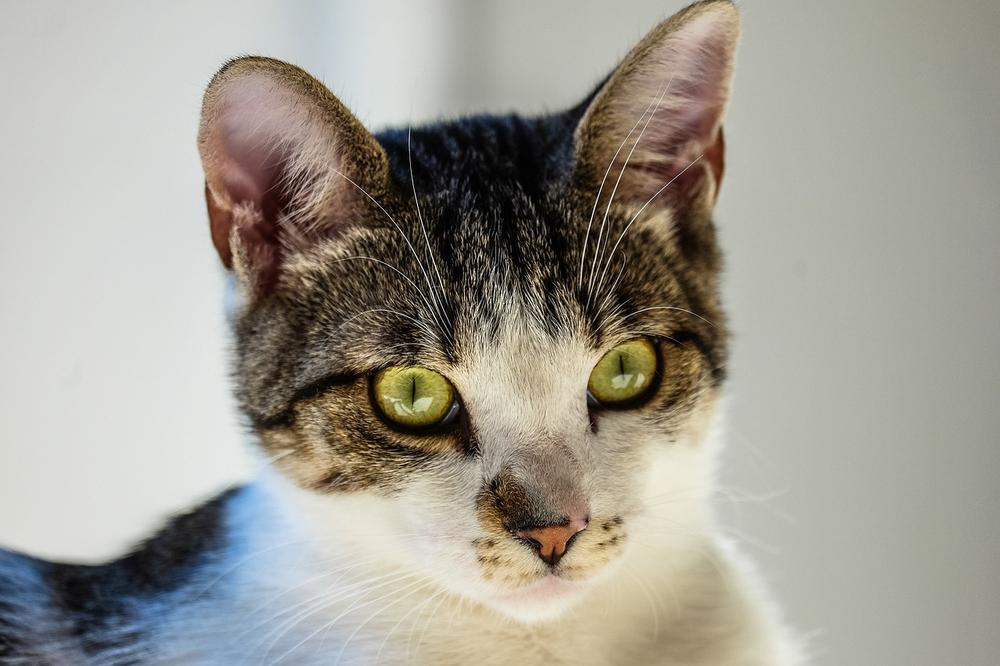
Here are some reasons:
- Increased blood flow: Purring helps stimulate blood circulation, providing nutrients to the developing kittens.
- Bonding with kittens: The vibrations of purring can have a soothing effect on unborn kittens, helping them feel connected to their mother.
- Relaxation and stress relief: Pregnancy can be an anxious time for cats, so purring helps them relax and reduces stress.
- Hormonal changes: Pregnancy hormones trigger feelings of contentment and happiness in pregnant cats, leading to more purring.
- Communication: Purring serves as a way for pregnant cats to communicate with their owners, expressing their needs for attention and care.
- Physical comfort: Pregnant cats often experience discomfort due to their growing bellies. Purring helps alleviate pain and provides a sense of physical well-being.
- Emotional support: Providing love, attention, and a warm environment can make pregnant cats feel safe and secure, leading to increased purring.
- Well-balanced diet: Feeding your pregnant cat high-quality food and incorporating wet food into their diet can contribute to their overall health and well-being, promoting purring.
- Gentle stroking: Pregnant cats enjoy gentle strokes or pets, which can relax them and induce purring.
- Enjoy the purring: As long as your pregnant cat is healthy, let her enjoy her purring. It is a sign that she feels safe and content during this special time.
Purring is a natural part of a pregnant cat's behavior, so embrace and enjoy it!
Main points I'll expand upon further down this article:
- Excessive purring before giving birth is normal and instinctive for cats.
- Purring helps relax a pregnant cat's muscles in preparation for labor.
- Providing love and care is important during this special time.
- Rubbing the belly, talking soothingly, and providing food can induce purring during labor.
- Purring helps soothe a cat during the beginning stages of labor.
- Purring helps mother cats draw their blind and deaf kittens for feeding.
- Nesting behavior typically starts in the 7th week of pregnancy.
- Pay attention to signs of trouble during the birth process.
- Regular checkups with a vet are crucial for a pregnant cat's health.
- Provide a calm and secure environment for your cat to give birth.
But why do pregnant cats purr so much?
Is it a sign of impending labor or something else?
Let me assure you, there's nothing to worry about!
In fact, their excessive purring before giving birth serves an important purpose and shows their trust in you...
Do Cats Purr a Lot Before Giving Birth?
Cats purring before giving birth is not just a random occurrence.
Turns out, purring actually serves multiple important purposes during this time:
- Cats purring is their way of communicating with you, their owner, and expressing trust. It's like they're saying, "Hey, I trust you to take care of me and my babies!"
- Purring also serves as a way for cats to seek reassurance from you during this vulnerable time. So make sure to give them lots of love and support!
- Interestingly, purring also helps cats relax their muscles in preparation for labor. It's like their own little relaxation technique.
- During labor, cats might increase the intensity of their purring. This can be seen as a form of self-soothing and as a way to manage pain and discomfort.
- Additionally, purring might help stimulate contractions and speed up the birthing process. So it's like a natural labor-inducing mechanism!
So, if your cat is purring a lot before giving birth, don't worry...
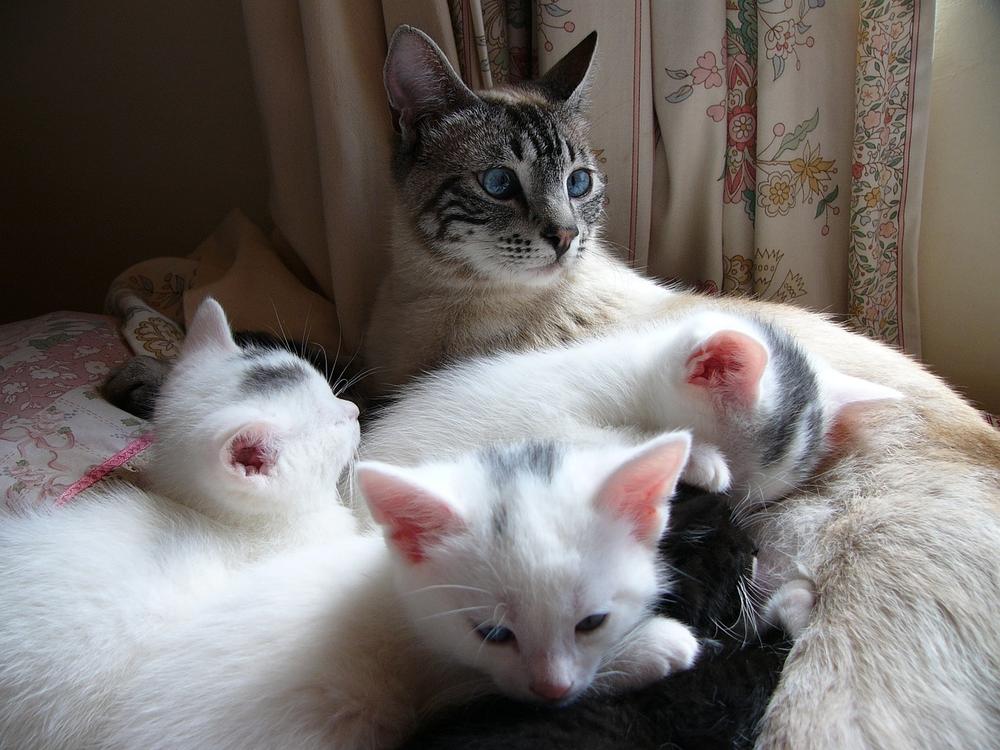
It's completely normal and just a sign that she trusts and feels safe with you.
Embrace her purrs and provide her with all the love and attention she needs during this special moment.
And did you know that cats continue to purr during labor?
It not only helps stimulate contractions but also aids in soothing and healing...
Why Do Cats Purr During Labor?
When a cat is giving birth, they purr for various reasons.
Let me break it down for you:
- Purring actually helps their contractions.
- It eases the pain during childbirth.
- If you gently rub their belly, it can make them start purring.
- Talking to them in a soothing manner encourages the purring too.
- Offering them some food or treats might trigger the purrs.
- When you let them rub against your leg, they'll start purring away.
- Purring soothes female cats in the early stages of labor.
- It potentially helps heal any damage caused by delivery.
- Purring attracts blind and deaf kittens so they find their way to momma and start nursing.
- And lastly, purring strengthens the bond between the mother cat and her kittens.
So, understanding why cats purr during labor is important because it can help you provide the support and comfort that your furry friend needs during this significant event.
Now, when it comes to creating the right environment for successful labor and delivery, remember to keep things calm and stress-free for your cat. 😺
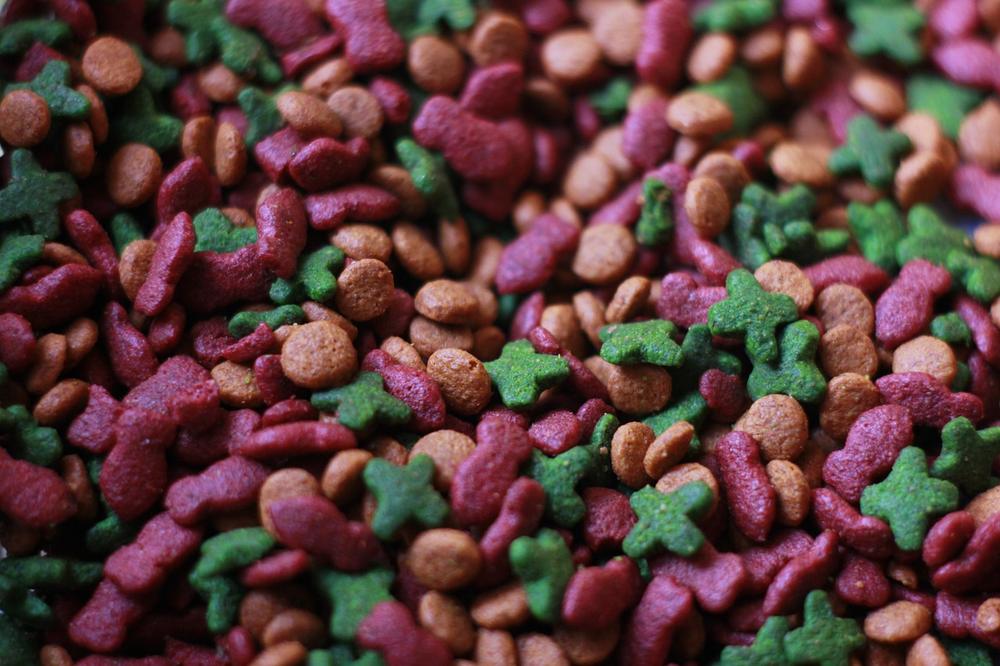
So, after explaining why cats purr during labor, I highly recommend checking out my guide on whether cats purr when they are sick or in pain.
In this article, I answer all your questions about feline purring and provide valuable insights.
You'll find answers to the concerns weighing on your mind.
I invite you to explore the fascinating world of feline purring by clicking here: Do Cats Purr When They Are Sick or in Pain.
Reasons Why Does My Pregnant Cat Keep Meowing
Meowing in pregnant cats can indicate discomfort or pain
Pregnant cats meow because they're feeling uncomfortable or in pain.
It's tough for them!
You should help them out by providing extra warmth and soft bedding. A cozy place where they can relax and feel safe will make them feel better.
And hey, who doesn't love a good massage?
Give your pregnant cat some gentle massages to ease their aches and pains.
Increased appetite and nesting behavior during pregnancy
Just like us humans when we're expecting, pregnant cats have serious cravings.
They need extra fuel for themselves and the little kittens growing inside them.
Don't be surprised if they start eating more than usual.
It's all part of taking care of themselves and their babies.
Speaking of babies, around the 7th week of pregnancy, pregnant cats start looking for a nice, cozy spot to give birth.
Make sure you have a comfortable space ready for them to settle down in.
Watch out for potential health issues
Although most pregnant cats are fine, keep an eye out for any potential health problems.
Pay attention to things like vomiting and blood in the urine.
If anything seems unusual, it's always best to seek veterinary attention.
Creating a comfortable and stable nesting environment is crucial.
Along with routine care like feeding and cleaning, these simple acts of love and support will ensure the well-being of your pregnant cat all in all.
How Can I Tell if My Cat Is Having Trouble Giving Birth?
When it comes to cat labor, there are signs that can show you if something's wrong.
Watch out for these things:
- If your cat is in labor but hasn't given birth to any kittens for a while, there might be a problem.
- If your cat keeps having contractions without delivering a kitten for more than two hours, things may not be going well.
- If you notice a sudden drop in your cat's body temperature, it could mean there are difficulties during birth.
- If your cat loses interest in food, it could be a sign that something's not right during labor.
- If your cat seems extra agitated or restless, she might be struggling with giving birth.
- If your cat is excessively licking her vulva, she might be uncomfortable or facing complications.
- Any unusual discharge from your cat's vulva should worry you and require a vet's attention.
It's important for both you and your cat to stay calm and stress-free during this time.
Regular vet checkups throughout your cat's pregnancy are vital for a healthy delivery.
And if any problems arise, don't hesitate to get professional help.
Should I Stay With My Cat as She Gives Birth?
Being present next to your cat during the birthing process is important because it gives them reassurance and emotional support.
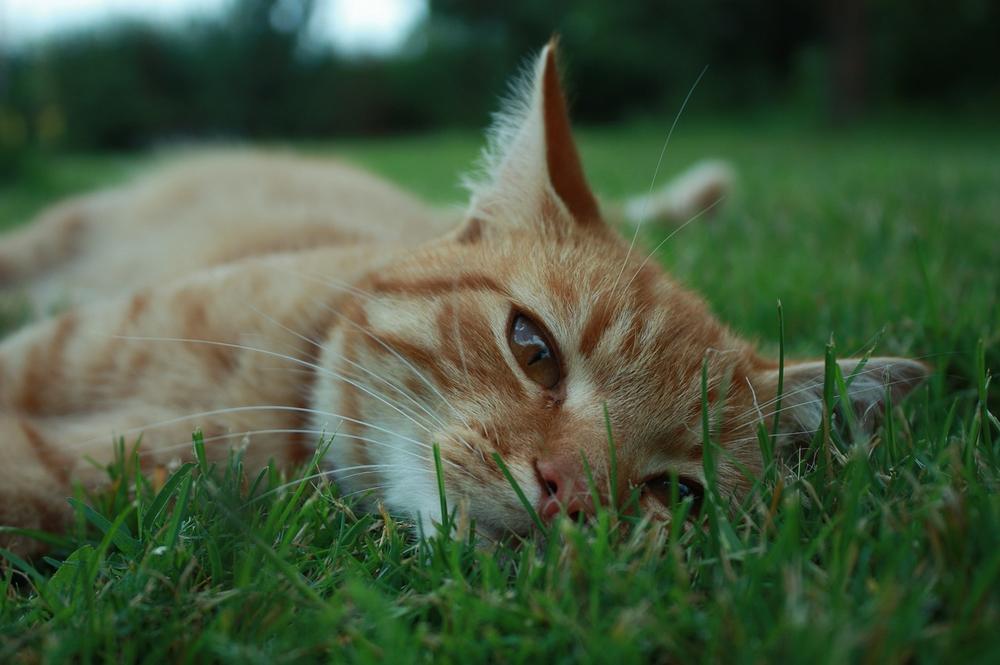
It also creates a calm environment for labor.
Cats need a secure and peaceful spot to deliver their kittens, so it's best to provide them with a quiet and cozy space like a box lined with towels or blankets.
During this time, your role is to offer support and comfort to your furry friend, while avoiding any unnecessary stress. Regular veterinary check-ups, a nutritious diet, and good care habits are crucial for maintaining your cat's in essence health and well-being, preventing common health problems from arising.
Addressing a Pregnant Cat’s Meowing
If your pregnant cat won't stop meowing, here are 10 things you can do:
- Give them gentle attention and tons of love.
- Keep their routine as normal as possible.
- Steer clear of tight hugs or touching their belly.
- Set up a cozy and clean nesting area for them.
- Make sure the litter box is always clean and easy to get to.
- Keep their vaccinations and parasite checks up-to-date.
- Create a calm and peaceful environment for them.
- Offer interactive toys and fun activities to keep them engaged.
- Watch their appetite and make sure they're eating balanced meals.
- Respect their preferences for belly rubs or any other physical contact.
Pregnant cats are extra sensitive and need extra care.
By showing them love and understanding, you can help ease any stress or discomfort they might be feeling during this special time.
But remember, if you have any concerns or questions about your pregnant cat's behavior, don't hesitate to reach out to your vet.
They can give you helpful advice and support.
And that wraps up today's article.
If you wish to read more of my useful articles, I recommend you check out some of these: Why Do Cats Purr When They Are Dying, Why Do Cats Noses Get Wet When They Purr, Cat Purring Effect on Humans, Why Does My Cat Have a Dry Nose, and Why Is My Cats Nose Cold
Talk soon,
-Sarah Davis